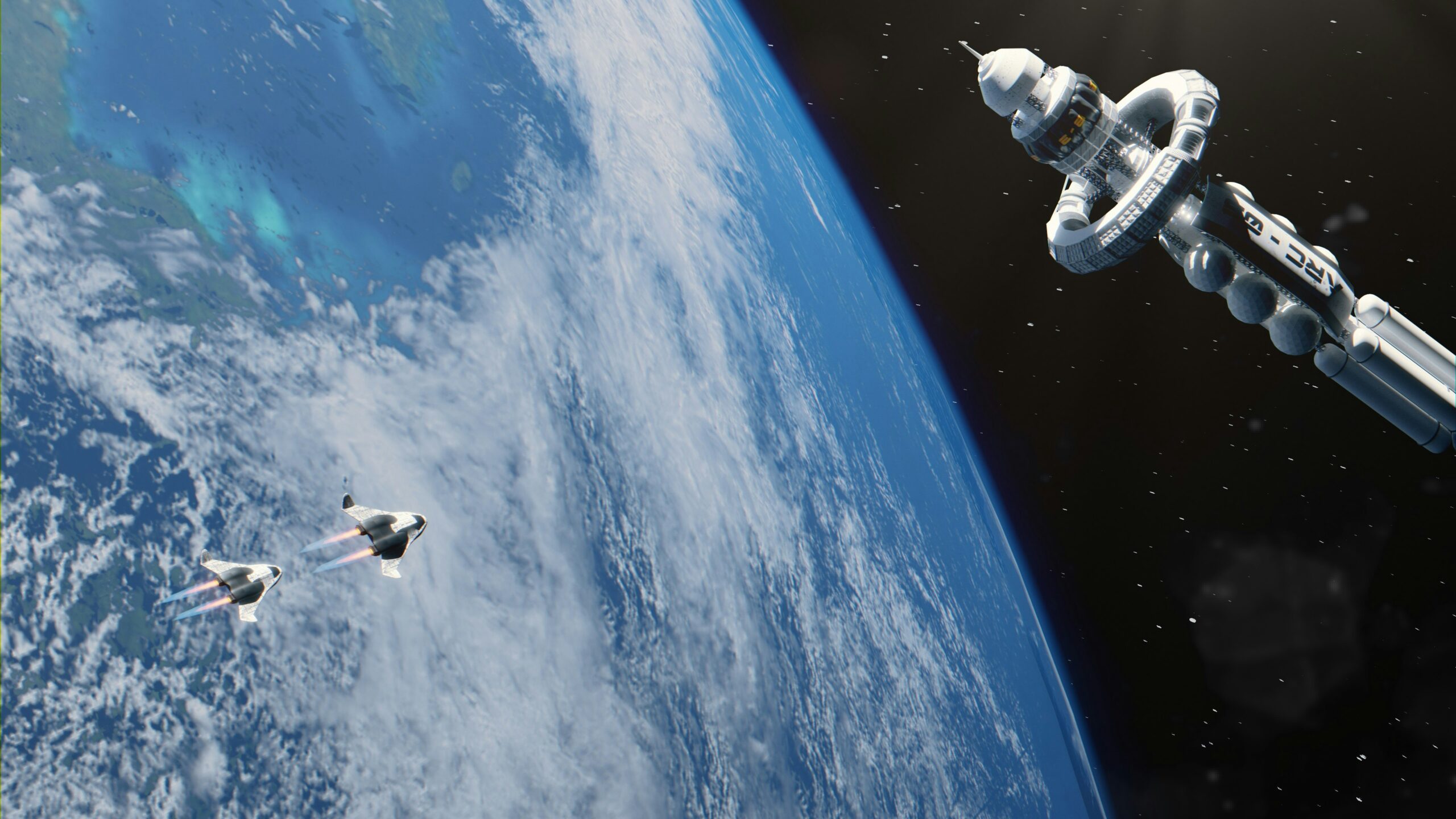
Space is no longer the domain of a few countries; it has become a shared environment where many nations operate satellites, explore, and conduct research. As space activities increase, so do the risks of conflicts and accidents. This growing complexity highlights the importance of international cooperation in building strong space security protocols. Such collaboration is vital for maintaining peace, safety, and sustainability of outer space.
International cooperation offers a platform for countries to work together on common goals. When nations share information and agree on guidelines, it reduces misunderstandings and builds trust. In space, where actions by one country can affect many others, this trust is critical. Space security protocols developed through cooperative efforts help manage threats like space debris, satellite collisions, and even the militarization of space.
The Need for Global Space Security Standards
The space environment is unique and fragile. Unlike on Earth, where borders and legal systems help govern interactions, space lacks a clear and enforceable framework that covers all activities. This gap makes countries need to come together and establish shared standards. International cooperation allows for creating rules that apply universally, ensuring that all space actors follow agreed-upon practices.
A shared set of standards helps prevent harmful behaviors, such as creating space debris or deploying weapons in orbit. It also supports transparency by encouraging countries to share data about their space operations. This transparency reduces suspicions and the chance of accidental conflict. Without cooperation, the risk of chaotic and unsafe space activity grows, threatening the benefits all nations gain from space technologies.
Collaborative Organizations Driving Space Security
Several international organizations play key roles in fostering cooperation on space security. One example is the United Nations Committee on the Peaceful Uses of Outer Space (COPUOS). It provides a forum for nations to discuss space law and promote peaceful activities. COPUOS has helped develop treaties and guidelines that many countries follow, setting the groundwork for space security.
In addition, regional groups and alliances contribute by addressing specific security concerns. These bodies encourage dialogue between military and civilian space actors, improving mutual understanding. Countries can negotiate complex issues like satellite protection and space traffic management through these organizations. This collaboration is essential for crafting practical and widely accepted protocols.
Sharing Technology and Information
International cooperation goes beyond setting rules; it involves sharing technology and information to enhance space security. Countries often collaborate on satellite tracking and debris monitoring. They can better predict potential collisions and take preventive measures by pooling their resources and expertise.
Information sharing also builds resilience against space threats such as cyberattacks or electronic interference. When nations exchange data about risks and vulnerabilities, they strengthen their collective defense. This openness promotes quicker responses and coordinated action in emergencies. Overall, collaboration in technology and intelligence creates a safer space environment for everyone.
Challenges to Achieving Cooperation
Despite its benefits, international cooperation on space security faces several challenges. One major issue is the competition between countries, especially in the military and commercial space sectors. Nations may hesitate to share sensitive information or agree on rules that could limit their strategic advantages.
Different levels of technological advancement and political priorities also complicate negotiations. Some countries might not be able to participate in or enforce security protocols. This imbalance can slow down progress and reduce the effectiveness of agreements. Overcoming these obstacles requires ongoing dialogue, trust-building, and sometimes creative compromises.
The Future of Space Security Cooperation
Cooperation will become even more crucial as humanity prepares for more ambitious space missions, including lunar bases and Mars exploration. The increasing number of private companies entering space adds new players who must follow security protocols. International cooperation will need to expand to include these commercial actors alongside governments.
Future agreements may focus on space traffic management, debris mitigation, and arms control. New technologies, such as advanced sensors and artificial intelligence, can assist in monitoring and enforcing these protocols. By continuing to work together, countries can ensure that space remains a domain of peaceful exploration and shared benefits.
Encouraging Inclusivity in Space Governance
To build effective space security protocols, involving a broad range of countries, including emerging space nations, is essential. Inclusivity ensures protocols reflect diverse perspectives and needs, making them more equitable and easier to implement. Developing nations, which increasingly rely on satellite services, must have a voice in shaping the rules.
Capacity-building initiatives, such as training programs and technology transfer, help less developed space actors contribute meaningfully to security efforts. When all nations participate, cooperation strengthens, and space security protocols gain wider acceptance. This inclusivity fosters global responsibility for maintaining a safe and sustainable space environment.